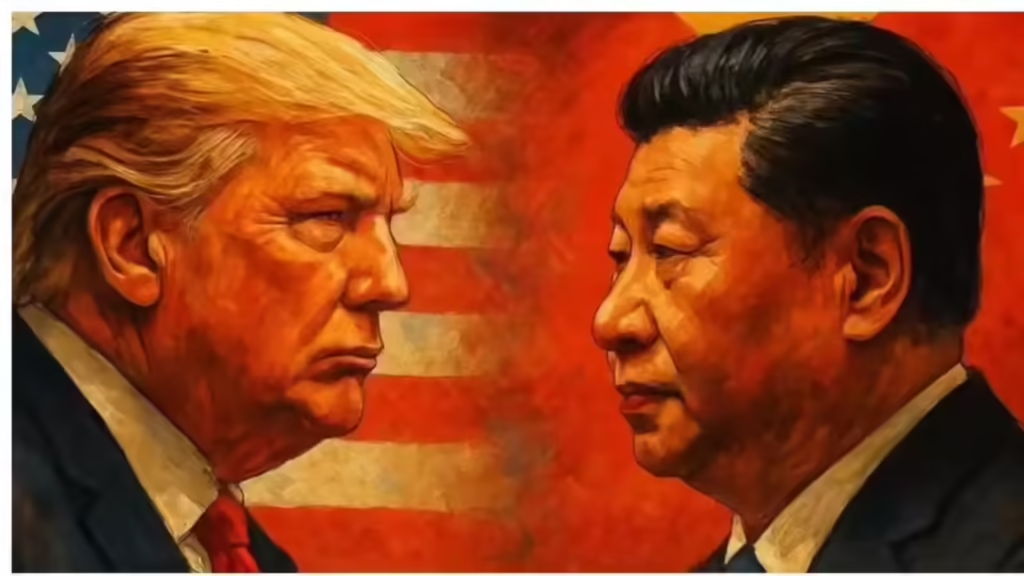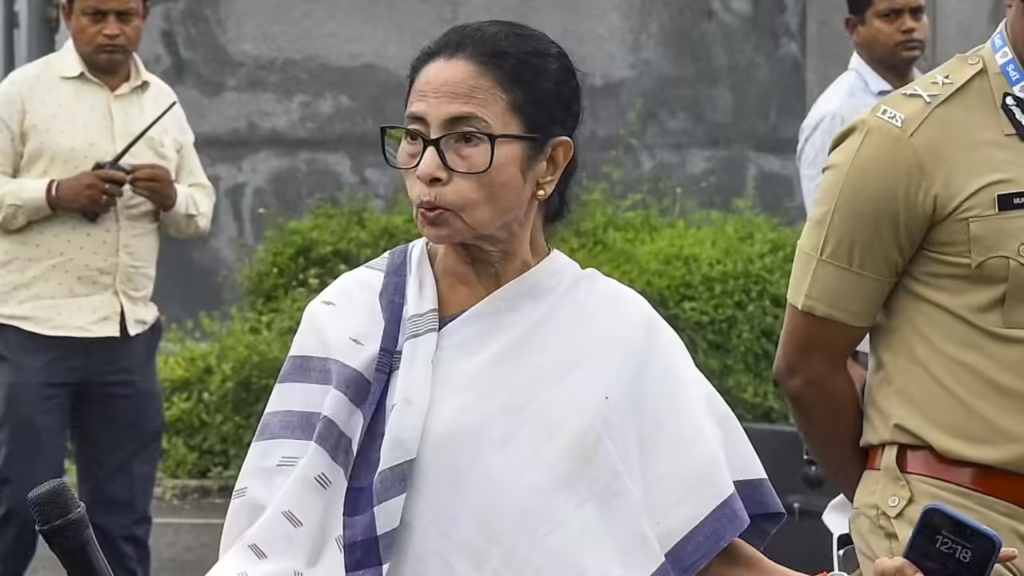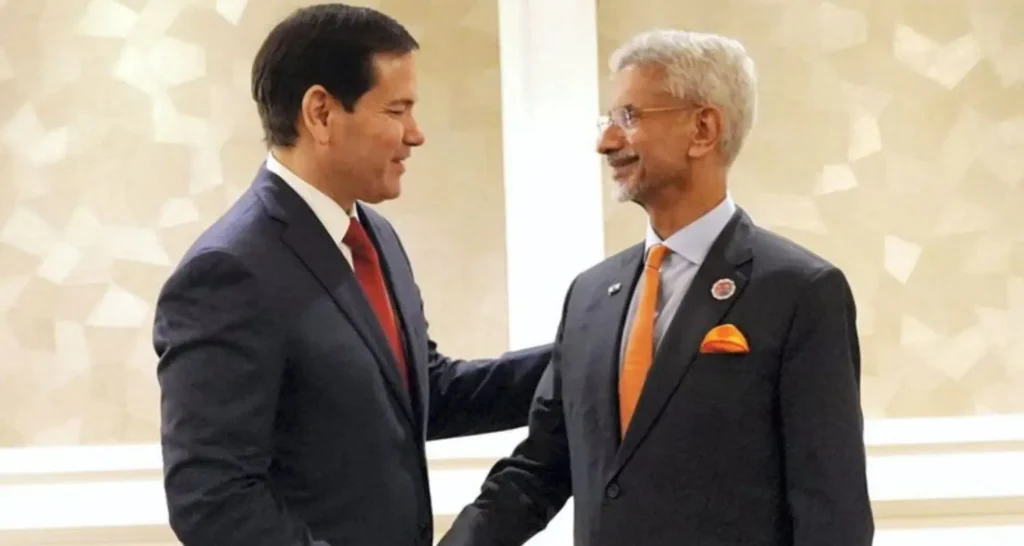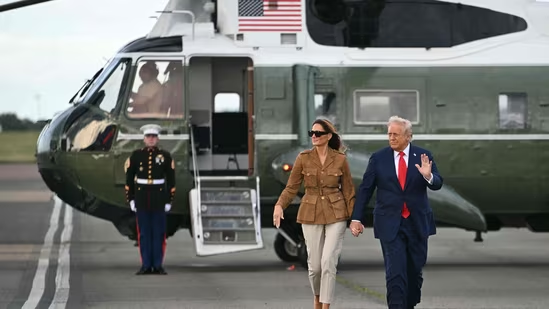Now Reading: Trump Urges UK to Deploy Military Against Illegal Immigration
-
01
Trump Urges UK to Deploy Military Against Illegal Immigration
Trump Urges UK to Deploy Military Against Illegal Immigration
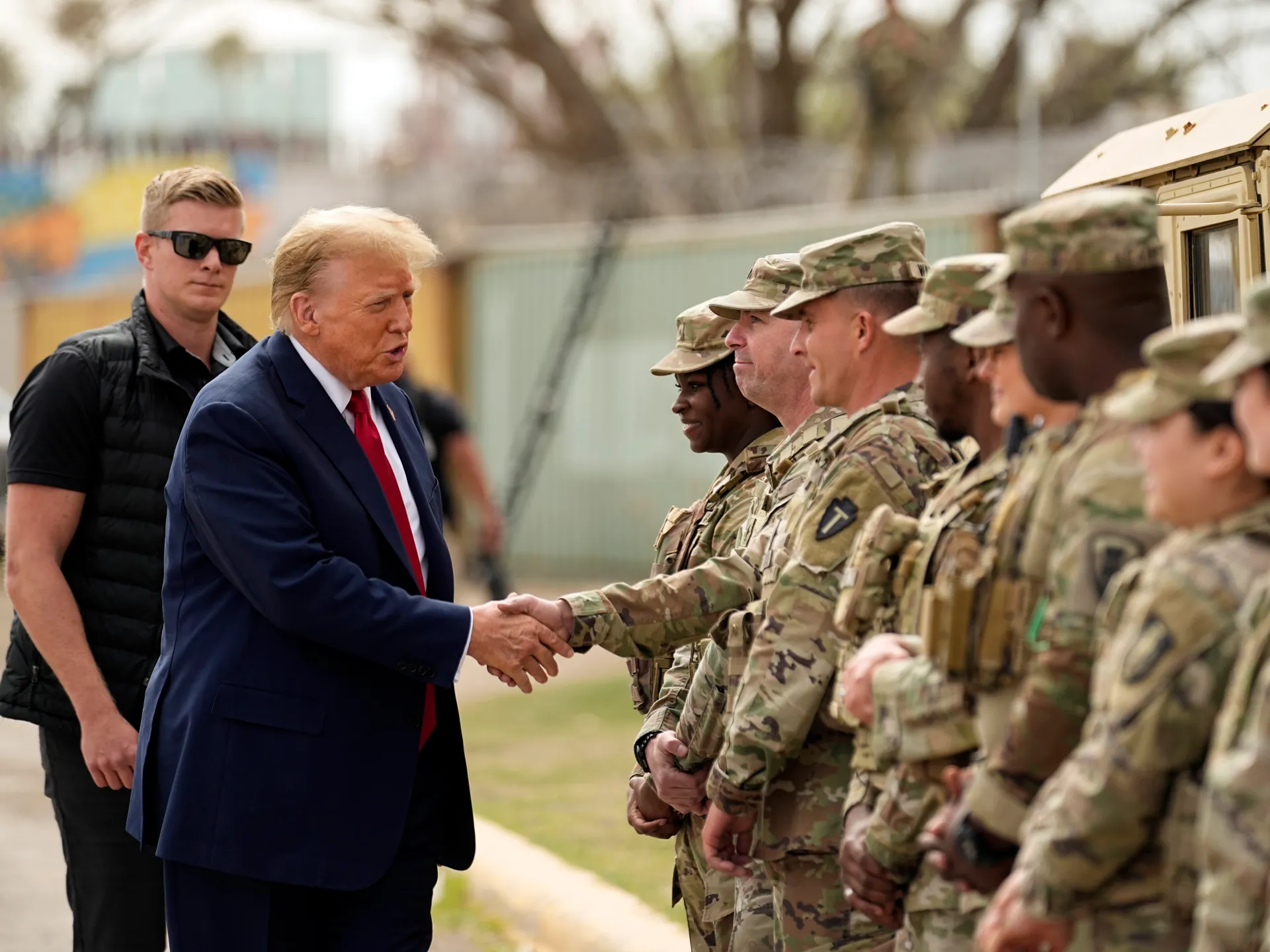
During his recent state visit to the UK, former US President Donald Trump advised British Prime Minister Keir Starmer to consider deploying the military to address illegal immigration, particularly small boat crossings in the English Channel. Trump emphasized that the UK should use “any means necessary” to tackle what he described as a threat that could “destroy countries from within.” His comments have sparked debate over the use of military force in domestic immigration enforcement.
Trump’s Perspective
Trump’s recommendation aligns with his previous stance on immigration, where he advocated for stringent measures to secure national borders. Drawing parallels to the US southern border situation, he suggested that the UK adopt similar tactics to curb illegal immigration. He also criticized the UK’s reliance on wind energy, proposing instead an increase in North Sea oil production to reduce dependence on foreign energy sources.
Starmer’s Response
Prime Minister Starmer acknowledged the challenges posed by illegal immigration but emphasized the importance of a balanced approach. He highlighted the recent deportation of a migrant under the UK-France return agreement as a step forward. Starmer’s government has been working on reforms to the immigration system, aiming to reduce net migration and create a “controlled, selective and fair” system.
Implications for India
While the UK and US are geographically distant, the global nature of immigration issues means that developments in one country can influence others. India’s Tier 2 cities, which often serve as transit points for migrants, may observe these discussions closely. The use of military force in immigration enforcement raises questions about human rights, the treatment of asylum seekers, and the balance between national security and humanitarian obligations.
Conclusion
Trump’s suggestion to use military force against illegal immigration in the UK has reignited discussions about the role of the military in domestic affairs. While the UK government has not adopted this approach, the conversation underscores the complexities nations face in managing immigration and border security. As countries navigate these challenges, the global community continues to debate the most effective and ethical methods to address migration issues.








